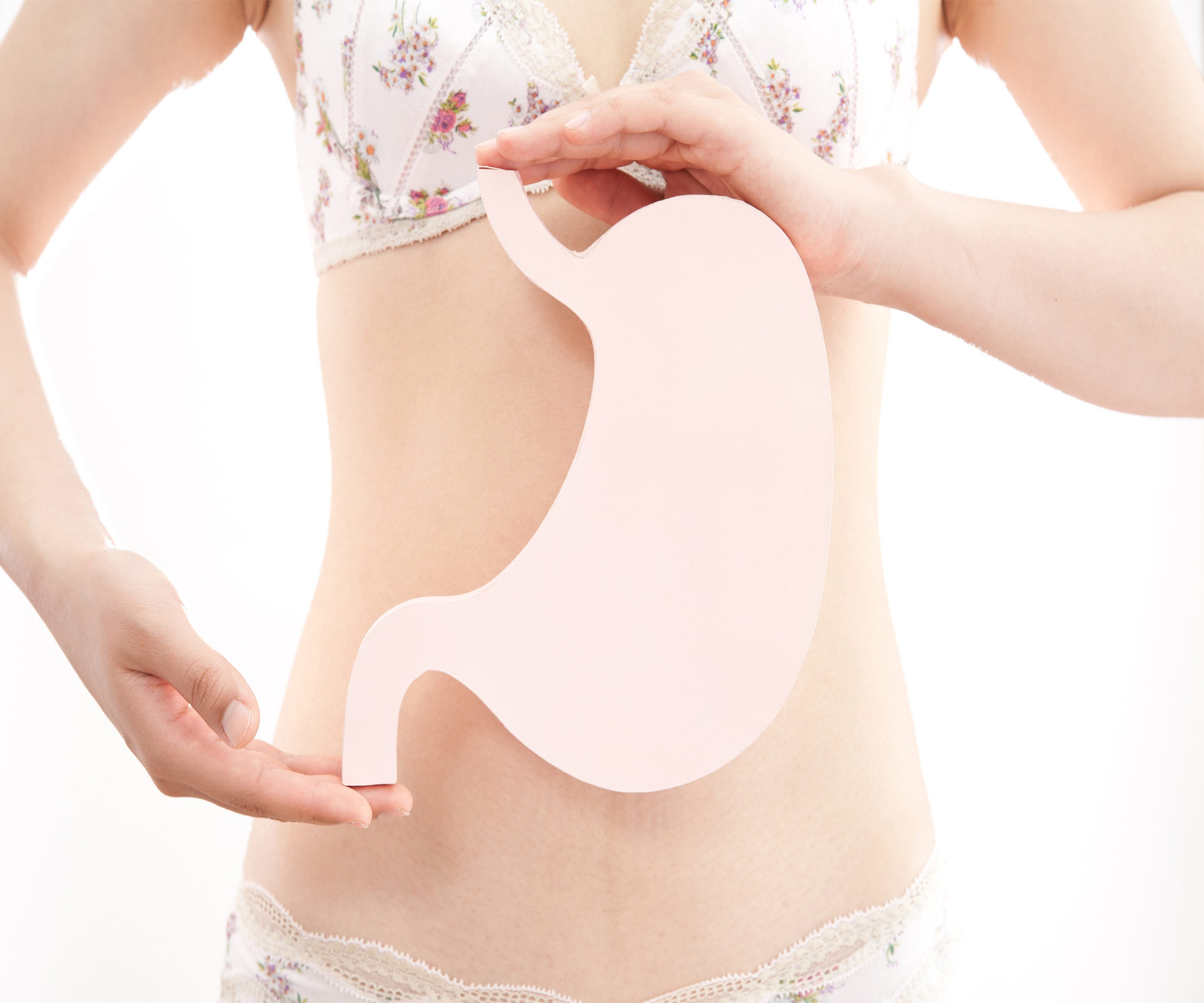While heart disease is often thought of as a men’s illness, the fact is it kills more Australian women than breast cancer, according to Associate Professor Amanda Vincent of the Australasian Menopause Society. “Post-menopausal women are nearly two-and-a-half more times likely to develop cardiovascular disease than their pre-menopausal sisters,” she says.
Cardiologist and chief medical advisor at the Heart Foundation, Professor Garry Jennings, says heart disease is often thought of as a disease of old age, but the damage can start much earlier in life. “It’s something women need to be aware of and take steps to avoid,” he says.
As your risk of heart disease increases with age, taking action now can keep your heart ticking over for decades to come.
1. Be aware and know your numbers
Your risk of heart disease increases after 50, so the time around menopause is an excellent time to take stock of your health. “Asking your GP for a heart health check now can predict your chances of having a coronary event, and it can be done as part of an annual check-up with your doctor,” Dr Vincent explains. “It includes talking about your family health history and your current lifestyle – taking stock of your weight, your blood pressure, blood sugar and cholesterol level.”
Many risk factors for heart disease are silent, so unless you actively check for them you won’t know there’s a problem.
2. Make a firm heart health plan
Once you’ve identified and evaluated your risk, develop a treatment plan with your GP to ensure you remain healthy. This may include setting yourself physical activity goals and eating a kilojoule-appropriate diet, plus keeping regular track of your blood pressure and cholesterol.
If you drink, do so in moderation, and talk to your GP about quitting smoking if you haven’t already.
“As far as diet is concerned, it’s a matter of balance and variety. Avoid salt and refined sugar, and limit foods with trans-fats,” Dr Jennings says.
Depending on your risk level, your GP can also determine whether you’re eligible to claim a rebate on certain health services.
“You may be entitled to five subsidised sessions with a dietitian, exercise physiologist or physiotherapist who can assess your health needs and devise a program for you,” Dr Vincent says.
3. Stay well overall
Work with your doctor to prevent or treat ongoing medical conditions that may lead to heart disease, such as high blood pressure, high cholesterol and diabetes. “It’s necessary to flag these illnesses in their early stages and get them under control because many are progressive with silent symptoms,” Dr Jennings says.
“With heart disease, the seed is usually sown decades earlier but there’s a chance to turn things around and prevent it from leading to a heart attack,” he says.
Dr Vincent says diabetes is one of the strongest risk factors associated with heart disease, yet many women don’t realise they’re at risk. “We know there are as many people with undiagnosed diabetes as there are diagnosed,” she says.
If you take medication to treat blood pressure, diabetes or high cholesterol, follow your doctor’s instructions carefully and never stop taking it without first talking to your GP or chemist.
4. Rev up your metabolism
Mid-life changes in metabolism are often linked to a lack of physical activity, the effects of menopause and general ageing.
“You may experience weight gain, particularly around your waist, because you’re eating the same amount but moving less,” Dr Vincent says.
Belly fat is the most dangerous kind of fat because it settles around major organs. “Maintaining a trim waist through diet and exercise can reduce your risk of heart disease,” Dr Jennings says.
Many community centres offer fitness classes for older people, which can be a fun and social way to stay in shape. “It’s never too late to start and see the benefits, but it has to be enjoyable to keep it up,” he says.
5. Consider HRT
Although menopause is a natural biological process, a decline in oestrogen levels can lead to physical changes that increase your risk of heart disease. “The most common changes include a rise
in blood pressure, increased insulin resistance, and elevated levels of bad cholesterol or low-density lipoprotein,” Dr Vincent says.
“Changes within blood vessels also increase your chances of blood clots, further contributing to your risk.”
Taking hormone replacement therapy (HRT) may help offset cardiovascular changes in menopause. “In terms of safety, studies show HRT has no adverse side effects for women under 60 or within 10 years of menopause,” she says.


